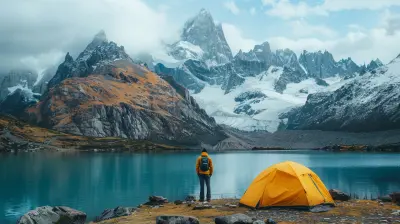The Guardians of Time: How UNESCO Preserves the World's Legacy
7 August 2025
Introduction
Imagine a world without the Great Wall of China, the Pyramids of Giza, or the lush Amazon rainforest. Hard to picture, right? That's because these places carry the legacy of our planet—natural wonders and cultural treasures that tell the story of human civilization. But who ensures these gems remain untouched for future generations? That’s where UNESCO steps in, acting as the guardian of time, tirelessly working to preserve the world’s most invaluable sites.
Let’s dive into how UNESCO safeguards our global heritage, why it’s essential, and what it means for travelers and history lovers alike.
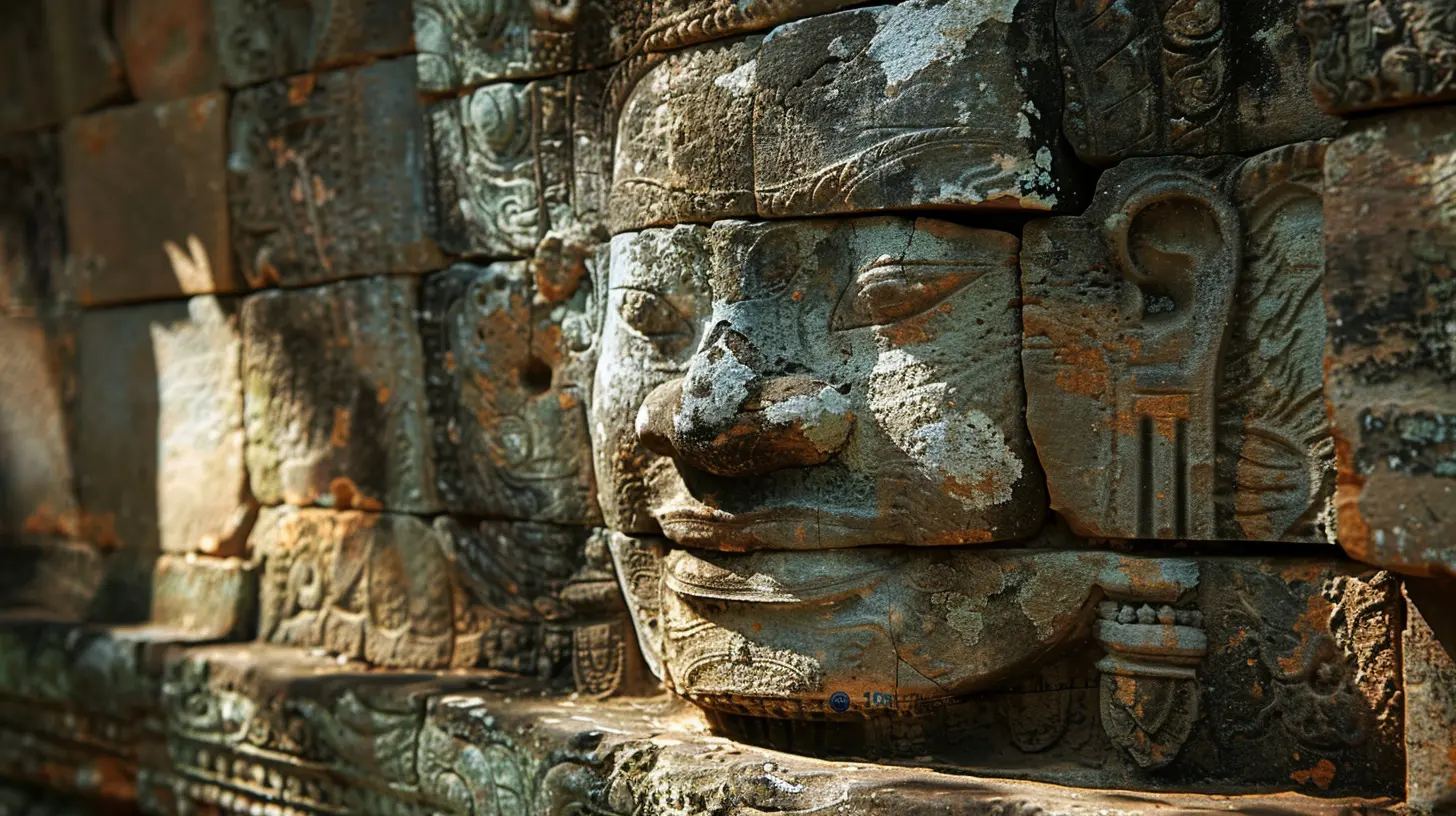
What Is UNESCO and Why Does It Matter?
The United Nations Educational, Scientific and Cultural Organization (UNESCO) was established in 1945 with a mission to promote peace through education, science, and culture. One of its most significant initiatives is the World Heritage Program, which identifies and protects sites of outstanding universal value.UNESCO’s work isn’t just about naming famous landmarks—it’s about preserving the history, culture, and nature that define human existence. These places connect us to our past, foster identity, and contribute to a sustainable future. Without UNESCO, many of these treasures could face destruction, neglect, or irreversible damage.
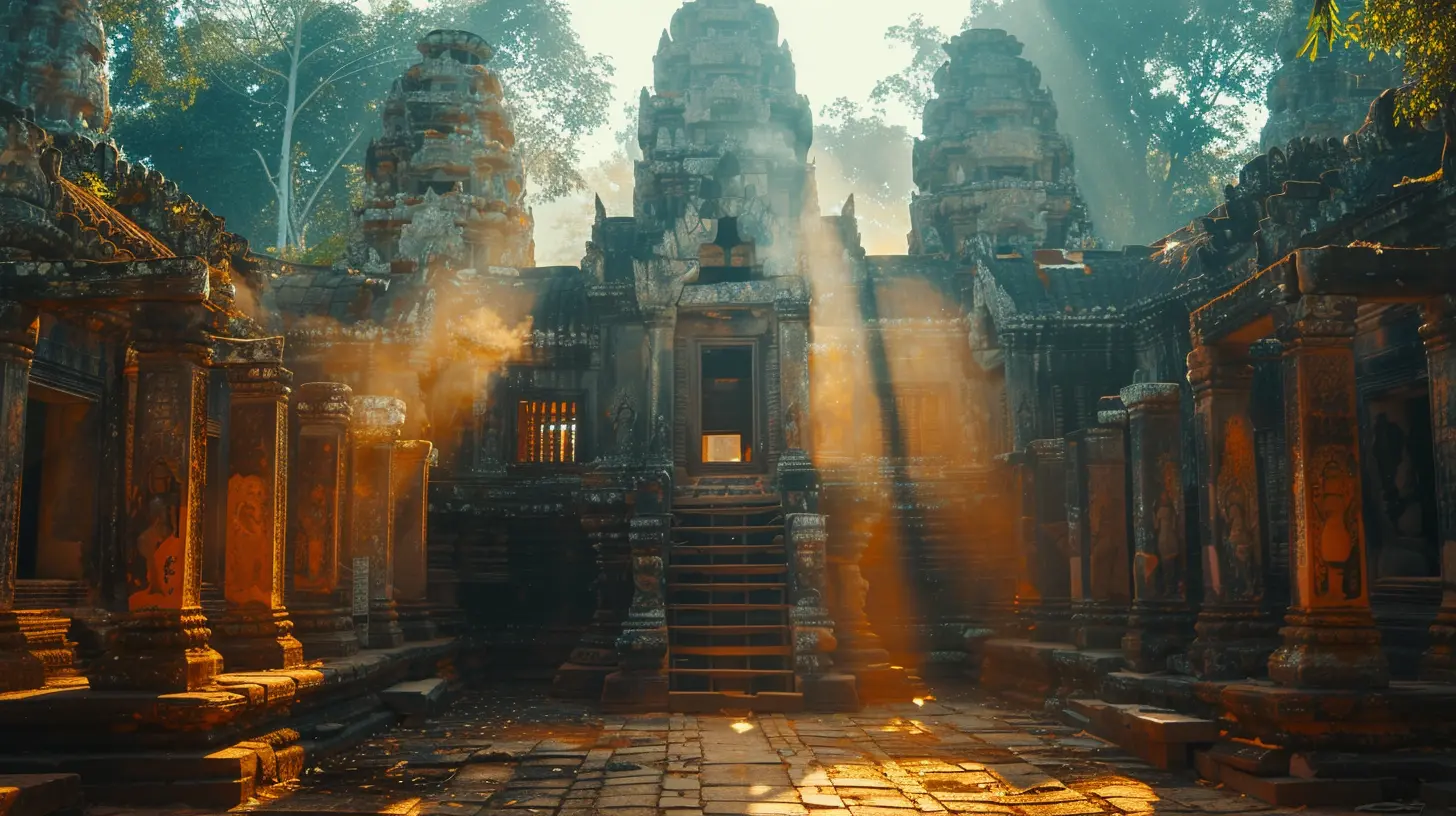
How Does UNESCO Protect the World's Heritage?
You might be wondering—what does UNESCO actually do to keep these sites in top shape? It’s more than just adding a prestigious title to a place.1. Identifying and Listing World Heritage Sites
Before a site earns the UNESCO World Heritage designation, it must meet strict criteria. These include:- Representing a masterpiece of human creativity (Think: The Taj Mahal)
- Showcasing significant geological or ecological importance (Think: The Grand Canyon)
- Bearing witness to cultural traditions or civilizations (Think: Machu Picchu)
Once a site is recognized, it gains international attention, funding, and legal protection against destruction or unregulated development.
2. Providing Funds and Resources
Recognizing a site is one thing, but maintaining it is another. UNESCO provides financial support to countries struggling to preserve their heritage. Whether it’s reconstructing war-damaged sites or implementing conservation strategies, UNESCO ensures sites receive the care they need.For example, after the Nepal earthquake in 2015, many historic temples in Kathmandu were severely damaged. With UNESCO’s help, restoration efforts commenced, reviving these cultural landmarks.
3. Monitoring and Maintenance
A UNESCO World Heritage Site isn’t a “set it and forget it” kind of deal. The organization constantly monitors listed landmarks to ensure they are well-maintained. If a site is at risk—due to war, climate change, or neglect—it may be placed on the World Heritage in Danger List to prompt immediate action.Some sites, like the Everglades National Park in the U.S., have faced environmental challenges that endanger their status. UNESCO collaborates with local governments and experts to implement conservation solutions, ensuring these wonders don’t disappear.
4. Encouraging Sustainable Tourism
Tourism can be both a blessing and a curse for heritage sites. While it generates revenue and raises awareness, unchecked tourism can lead to environmental degradation, vandalism, and overcrowding.UNESCO promotes sustainable tourism—ensuring visitors enjoy these sites without causing harm. Initiatives like limiting foot traffic at Machu Picchu or banning cruise ships near Venice’s historic center help balance preservation with accessibility.
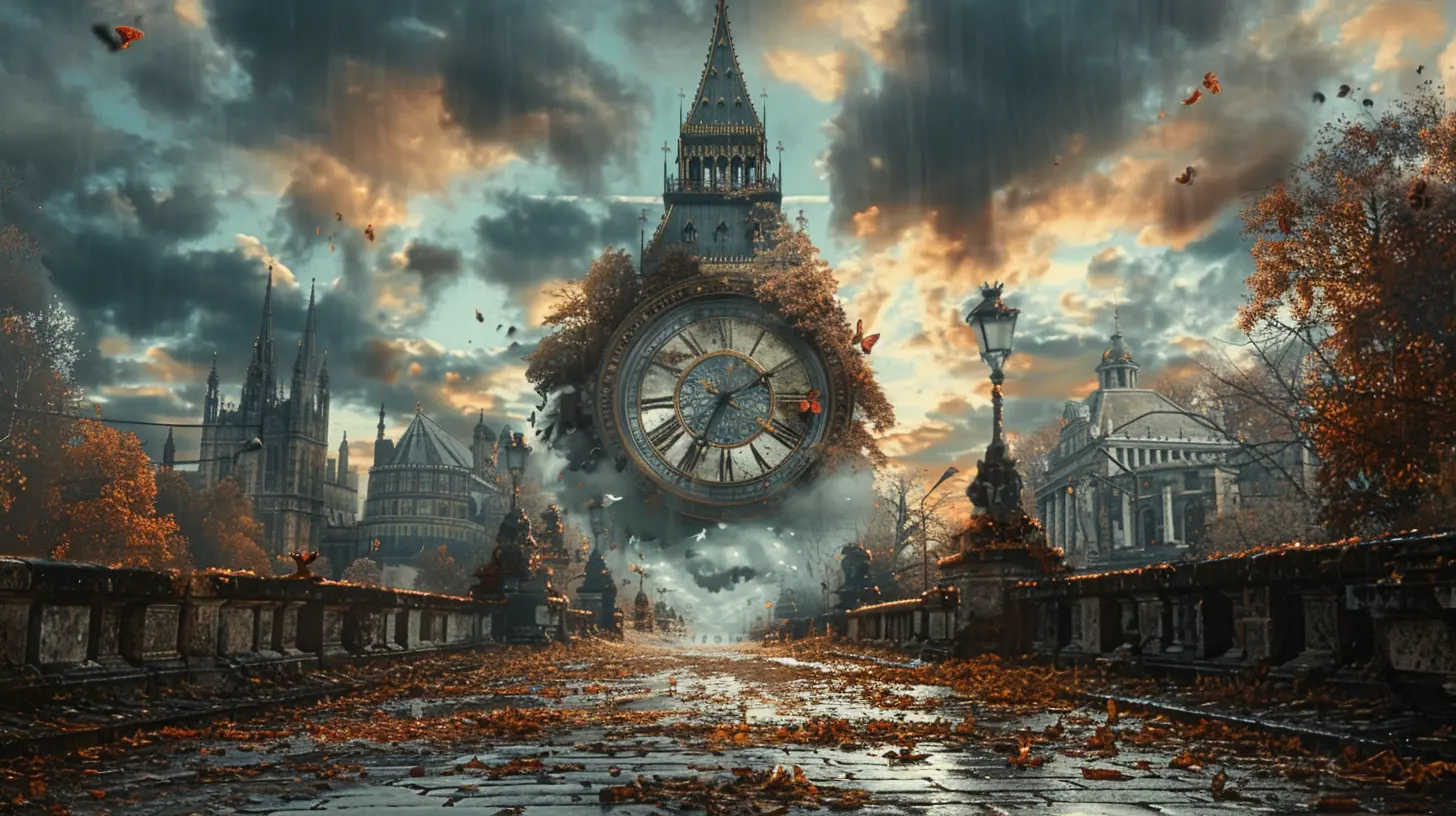
The Impact of UNESCO’s Efforts
You might be thinking, “Does UNESCO really make a difference?” The answer is a resounding yes. Let’s look at some success stories.The Revival of Angkor Wat
Angkor Wat, Cambodia’s iconic temple complex, was once in danger due to looting and neglect. UNESCO’s intervention brought restoration projects and tourism guidelines that helped protect this ancient wonder. Today, it stands strong, drawing millions of visitors while maintaining its integrity.Saving the Galápagos Islands
The Galápagos Islands, home to unique wildlife, were at risk due to invasive species and unregulated tourism. Thanks to UNESCO-backed conservation programs, strict environmental laws were enforced, safeguarding the islands’ delicate ecosystem.Rebuilding the Historic Center of Warsaw
During World War II, Warsaw’s Old Town was almost completely destroyed. After the war, UNESCO supported Poland in meticulously rebuilding the city, brick by brick, according to historical blueprints. Today, it’s a testament to resilience and cultural perseverance.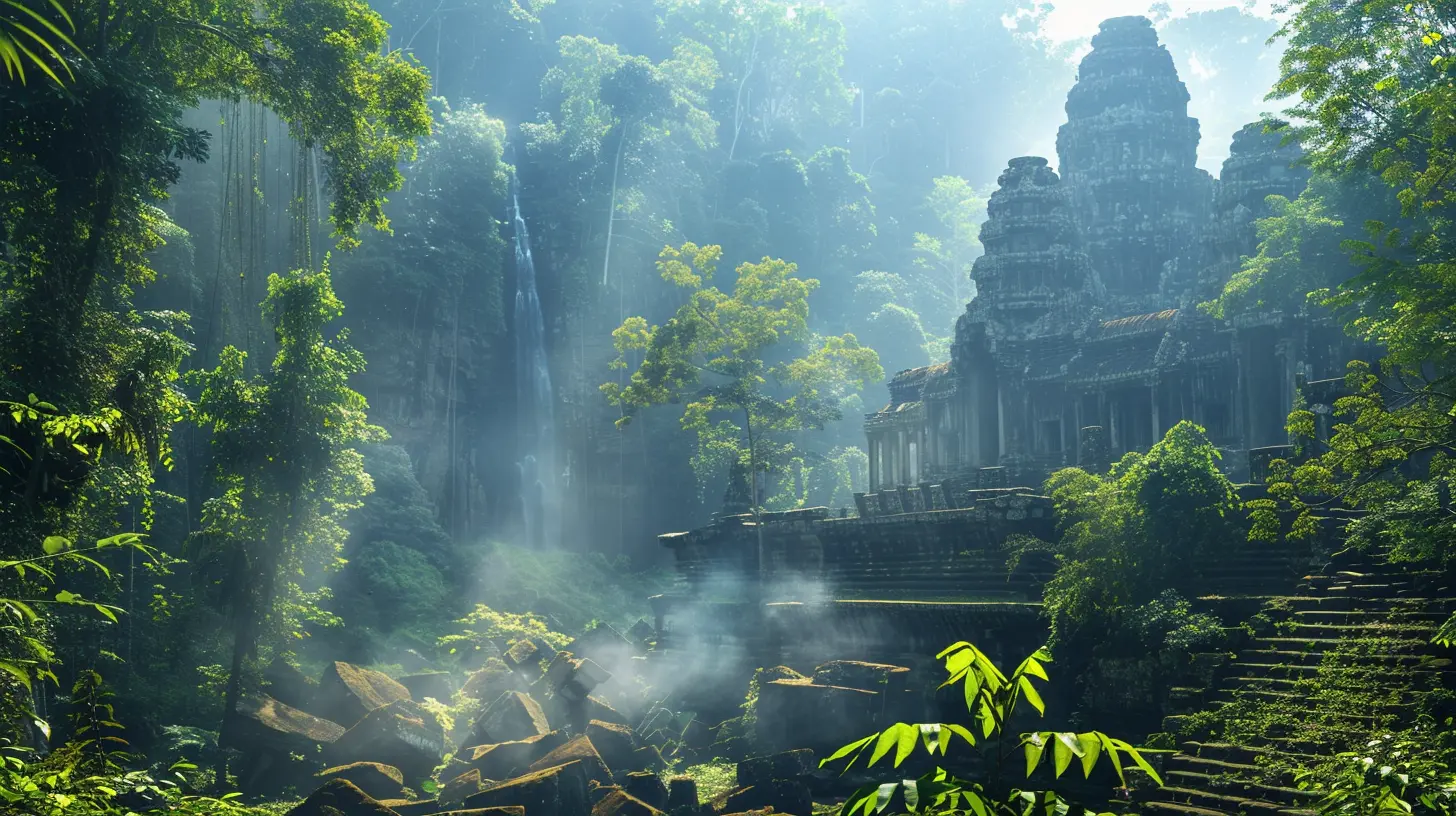
Why UNESCO’s Work Matters More Than Ever
In a rapidly changing world, heritage sites face more threats than ever before—climate change, urbanization, and political conflicts all play a role. Without UNESCO’s efforts, countless landmarks could be lost forever.Imagine future generations never being able to walk through the ruins of Pompeii or admire the beauty of the Great Barrier Reef. That’s why organizations like UNESCO are crucial in ensuring that our shared history isn’t erased.
What Can You Do to Help?
Preserving world heritage isn’t just UNESCO’s responsibility—it’s ours too. Here’s how you can contribute:- Travel Responsibly – Be mindful of your impact when visiting heritage sites. Follow guidelines, avoid touching fragile structures, and support local conservation efforts.
- Raise Awareness – Share stories about UNESCO sites and their significance. The more people who appreciate these places, the stronger the movement to protect them.
- Support Conservation Organizations – Donate to UNESCO or local heritage groups working to safeguard important landmarks.
Conclusion
UNESCO isn’t just a bureaucratic organization—it’s the world’s timekeeper, standing guard over our planet’s most cherished sites. From ancient wonders to breathtaking natural landscapes, UNESCO’s work ensures that these places remain for generations to come.The next time you find yourself standing before a majestic cathedral or a pristine rainforest, take a moment to appreciate the efforts behind its preservation. Because without the guardians of time, many of these treasures might just become forgotten echoes of the past.
all images in this post were generated using AI tools
Category:
World Heritage SitesAuthor:

Tracie McAdams
Discussion
rate this article
2 comments
Velma Clayton
UNESCO's dedication to preserving cultural heritage is crucial for maintaining our global legacy. By safeguarding historical sites and traditions, they ensure future generations can appreciate and learn from the diverse narratives that shape our world.
November 13, 2025 at 6:03 AM

Tracie McAdams
Thank you for your thoughtful comment! I completely agree that UNESCO's work is vital for protecting our shared history and ensuring that future generations can connect with and learn from our diverse cultural narratives.
Galina McCune
Preserving heritage is preserving humanity; time's echo guides our future.
August 14, 2025 at 4:51 AM

Tracie McAdams
Thank you for your insightful comment! Indeed, preserving heritage is crucial for understanding our past and shaping a more informed future.

